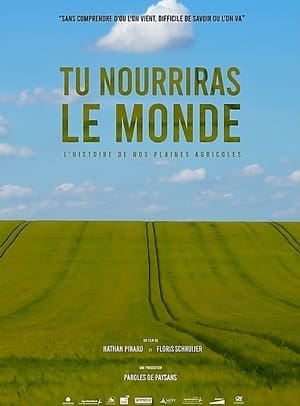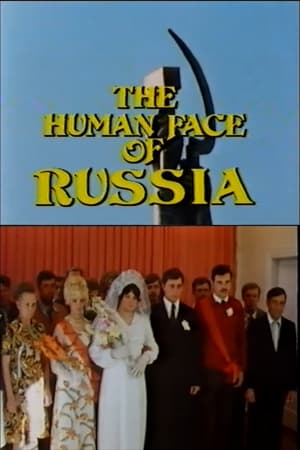
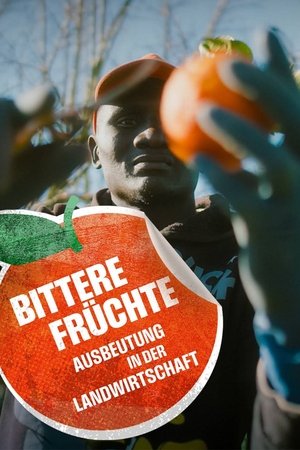
Bittere Früchte - Ausbeutung in der Landwirtschaft(2024)
The documentary follows the trail of fruit and vegetables from the shopping cart back to various cultivation areas throughout Europe. The entire supply chain is revealed via a system that includes the inhumane exploitation of harvest workers and agricultural businesses. The aggressive pricing policy of the supermarket groups, their "lowest price promise", has established a modern form of slavery in Europe.





Movie: Bittere Früchte - Ausbeutung in der Landwirtschaft

Bittere Früchte - Ausbeutung in der Landwirtschaft
HomePage
Overview
The documentary follows the trail of fruit and vegetables from the shopping cart back to various cultivation areas throughout Europe. The entire supply chain is revealed via a system that includes the inhumane exploitation of harvest workers and agricultural businesses. The aggressive pricing policy of the supermarket groups, their "lowest price promise", has established a modern form of slavery in Europe.
Release Date
2024-03-19
Average
0
Rating:
0.0 startsTagline
Genres
Languages:
DeutschKeywords
Similar Movies
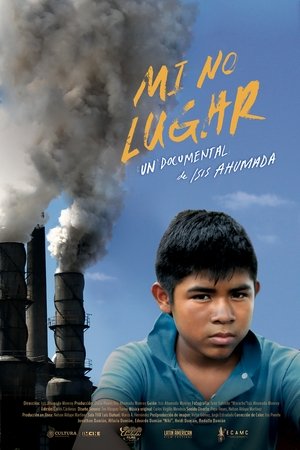 0.0
0.0My No Place(es)
A boy migrates from Guerrero to Colima in Mexico, guided by the illusion of his parents, who want him to study high school. Nevertheless, the inequality barriers force him to work as a sugarcane harvester.
 8.0
8.0Cows With No Name(fr)
Cows With No Name is almost a diary, filmed one day at a time, of each stage of this process, documenting the operation of the farm with critical and incisive humour. But it is also an intimate documentary. By filming scenes of daily life on the family farm, around the kitchen table during meals, or in front of the TV in the evening while everyone falls asleep on the sofa, more personal questions are raised: the farmer’s connection to his herd, or even the handover that Hubert has chosen not to ensure.
Shady Chocolate(en)
Ever since it was revealed that the chocolate industry is involved with child slavery in the Ivory Coast, the industry has been busy – due to consumer demands – explaining what exactly it does to actively fight trafficking and child labour. But does the industry live up to its own promises?In this investigative film, director Miki Mistrati tries to find out, if the chocolate industry – which is one of the largest corporations in the world – speak the truth, when they say that they provide education, medical care etc for the children of the Ivory Coast. But the project runs into trouble already from the get-go, because the embassy of the Ivory Coast won’t let Miki enter the country until he has an invitation – from the chocolate industry.
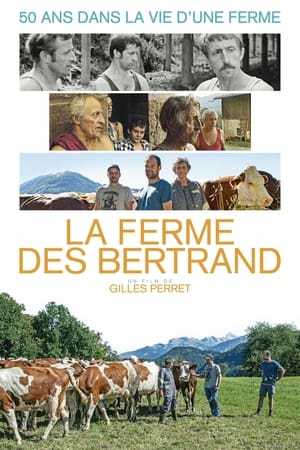 6.6
6.6Bertrand's Farm(fr)
1972 in Haute-Savoie (France) : the Bertrand's farm, with a hundred dairy cows owned by three bachelor brothers, is filmed for the first time. In 1997, they were the subject of Gilles Perret's first movie, as they let their farm to their nephew Patrick and his wife Hélène. Nowadays, 25 years later, Gilles Perret take another look at this farm, managed by Hélène who will step down. Through their words, an intimate, social and economic history of the rural world.
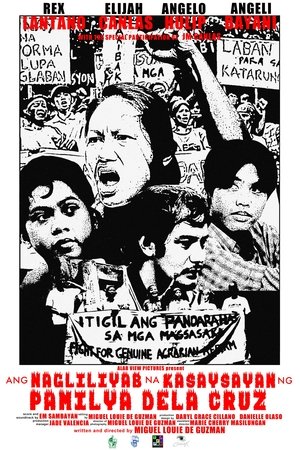 8.0
8.0The Flaming History of the Dela Cruz Family(tl)
Faced with a series of terrible incidents, the Dela Cruz family now has to make a decision that will alter the history of their family.
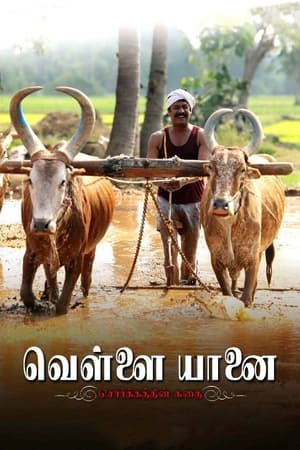 6.0
6.0Vellai Yaanai(ta)
Vellai is a farmer from an economically self-sufficient village. But when he and the villagers take a bank's crop loan, they get caught in debt due to drought and low prices for crops. So few desperate farmers migrate to the city in search of a job. Can they pay off their debt? Or will they give up farming?
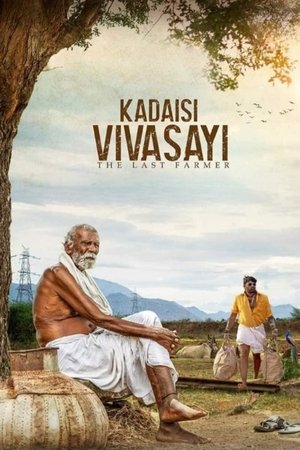 8.6
8.6Kadaisi Vivasayi(ta)
Maayandi, the only farmer in a village that has abandoned farming, is charged with a petty case that leads to his imprisonment.
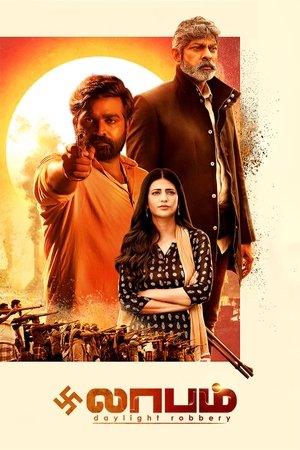 3.0
3.0Laabam(ta)
The president of a farmers' association wants to set up a community farming initiative and takes on a big shot, who wants to destroy his plans so that he can start a bio-diesel project on the land.
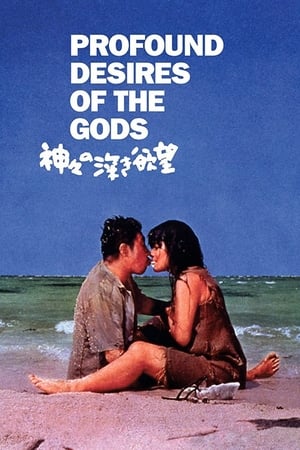 7.5
7.5Profound Desires of the Gods(ja)
Tokyo engineer Kariya arrives on a primitive tropical island, where he interacts with the Futori clan, to drill a well to power a sugar mill.
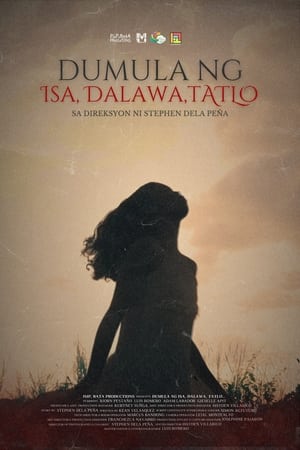 10.0
10.0Dumula ng Isa, Dalawa, Tatlo...(en)
A theater group begins their rehearsal on a play about a witness' account of a massacre eventually leading to a confrontation and inner conflicts of the actors portraying their roles.
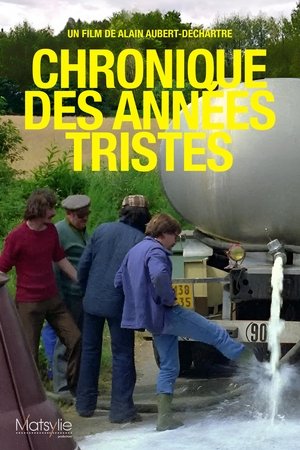 10.0
10.0Chronique Des Années Tristes(fr)
Here is a film that is, to say the least, singular. A fiction filmed under Giscard, in two farming families, one in Brittany and the other in Languedoc. One sees the Catholic mass and the mass of the television news, one hears the Benedicite and the Internationale, a rural class struggle is played out, daily peasants against the aristos in the middle of a hunt...Chronicle of the Sad Years tells the story of the new forms of subjection suffered by the workers of the land, discovering the perverse effects of the CAP and the growing influence of agribusiness. A film in which the director, Alain Aubert-Dechartre, stages a historical turning point, the forced conversion of peasants into technicians of farms of which they will be the first to be exploited
Locked Off(en)
Rave Culture is one of Britain’s great cultural exports, but after its first wave in the late eighties and early nineties, it was soon forced into the underground by stringent new laws and superclubs. But forward 25 years into in the midst of a nationwide purge on the nation’s nightlife, where nearly half of all British clubs have shut down in the last decade, and a new kind of scene has emerged. Clive Martin investigates this 21st century version of Rave, where young people break into disused spaces with the help of bolt-cutters and complicated squatting laws, to suck on balloons and go hard into the early morning. But with the police using increasingly extreme tactics to clamp down on these parties, and more than one fatality causing nationwide media panic, can the scene survive?
The Home Cinema of the Dardenne Brothers(fr)
A “Cinéma, de notre temps” series episode directed by french film filmmaker Jean-Pierre Limosin, originally aired sometime around 2006.
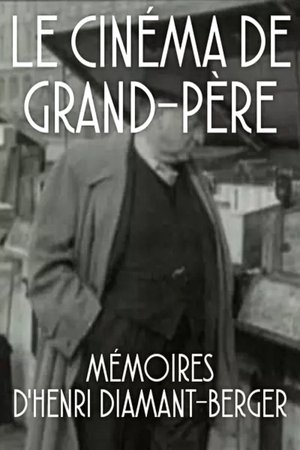 0.0
0.0Le Cinéma de grand-père(fr)
Remarkable life story of Henri Diamant-Berger, a director and screenwriter whose devotion to cinema led him to collaborate with some of the greatest actors and filmmakers of his time.
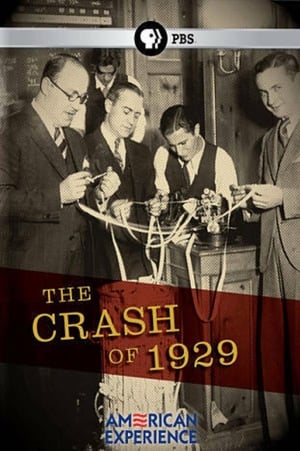 0.0
0.0The Crash of 1929(en)
Based on eight years of continued prosperity, presidents and economists alike confidently predicted that America would soon enter a time when there would be no more poverty, no more depressions -- a "New Era" when everyone could be rich. But when reality finally struck, the consequences of such unbound optimism shocked the world.
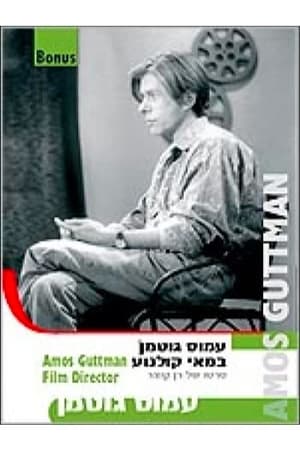 5.0
5.0Amos Guttman: Filmmaker(he)
From 1977 to his untimely death in 1993, Amos Guttman directed six films, all of them deeply personal reflections of his own life. Interviews with lovers, family and friends--including some of the most important people in Israeli cinema--tell the gripping story of a strikingly handsome, charismatic and deeply passionate gay man who has become a revered cult figure in Israeli cinema.Interviews with the late filmmaker and fascinating footage of him on the set convey the same passion that comes through in scenes from his films, lovingly selected by documentarian Ran Kotzer. Like Fellini, Guttman transformed his dreams and everyday conversations with friends and family into integral parts of his pictures. He is most remarkable for his striking and original use of the frame. Every shot is a treasure. Amos Guttman dared to portray subjects that were taboo in his society, and his search for the right of individual expression is the connecting link of his works.
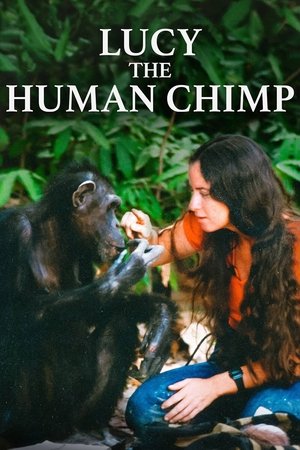 6.3
6.3Lucy the Human Chimp(en)
The profound story of Lucy Temerlin, a female chimpanzee raised as human from birth in a domestic environment, and Janis Carter, the woman who took on the seemingly impossible task of giving her a new life in the wild.
 6.0
6.0The Incredible Dr. Pol: A 200th Polapalooza(en)
The one and only Dr. Pol has hit an incredible milestone – 200 episodes! Stroll down memory lane as we look back on highlights from the last decade. Doc, Charles & Diane join in on the fun, watching & reacting to these unforgettable moments right alongside you. Plus, get a first look at never-before-seen footage from the series. It's two jam-packed hours of nonstop Pol-ness you don't want to miss!

